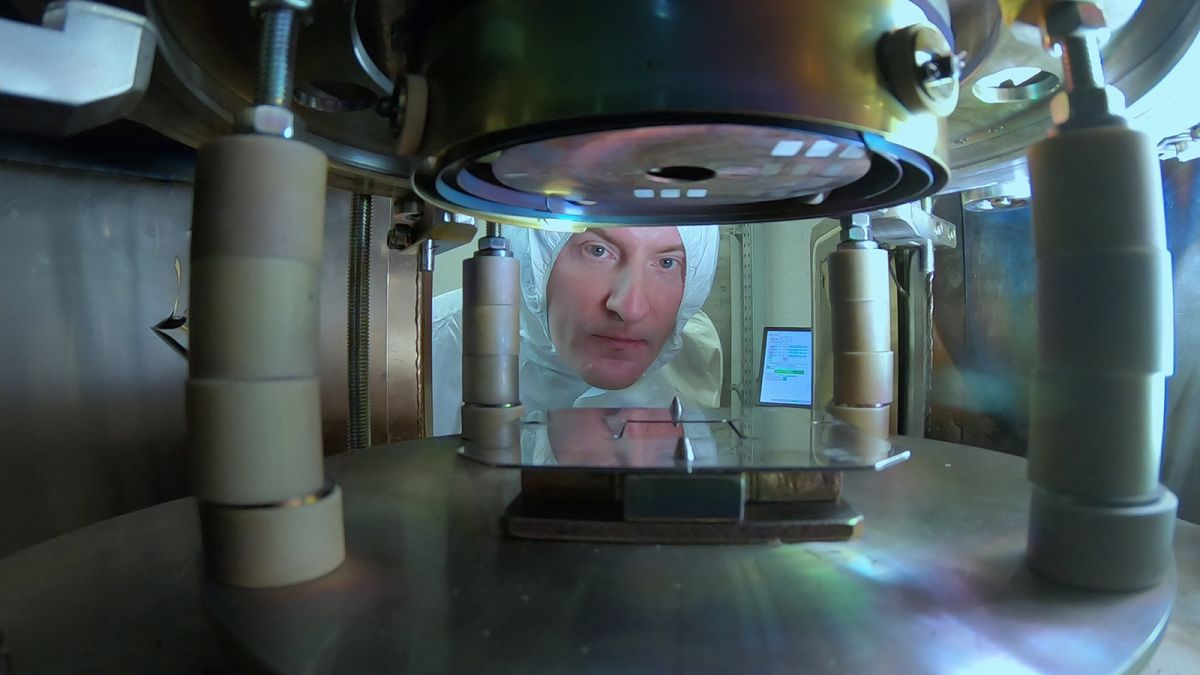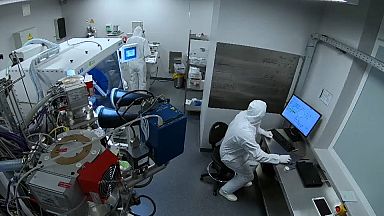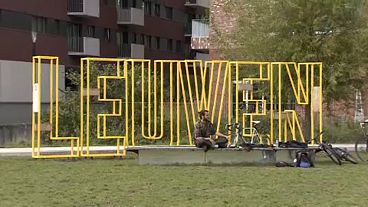Horizon 2020 funds from the European Commission are changing the face of innovation at the Unversity of Latvia in Riga.
At the University of Latvia in Riga, the face of innovation is drastically changing.
Experts from the Institute’s Solid State Physics department (ISSP UL) are revolutionising the way in which the field of solid-state physics is carried out and applied.
Not only has it just been upgraded to what their managers claim is the "most advanced" Centre of Excellence for education, research, innovation and technology transfer in the Baltic States, but it is now turning itself away from just academia-focused research towards industry-oriented projects too.
This is all thanks to the European Commission’s Horizon 2020 funding, which is radically transforming how solid-state physics is used in an industrial and commercial manner, under the CAMART2 project.
CAMART2 is aimed at upgrading the existing ISSP UL to a new significantly stronger Centre of Excellence. This upgrade will enable the efficient transfer of new materials and technologies into products for commercial and public benefit.
It is also designed to enhance cooperation between business and academics, paving the way for innovation-based economic growth, whilst diminishing the disparities between Latvia and better-performing EU Member States.
Scientists from the ISSP UL have developed a new ceramic compound that helps the human eye to see invisible, damaging, with multiple applications in the medical field or during surgery.
This is just one example of how researchers are paving the way for innovation.
The Institute’s Director has even said that he would like it to be more involved in global challenges, like climate change and healthcare, which for issues like these, as much help as possible is needed.





